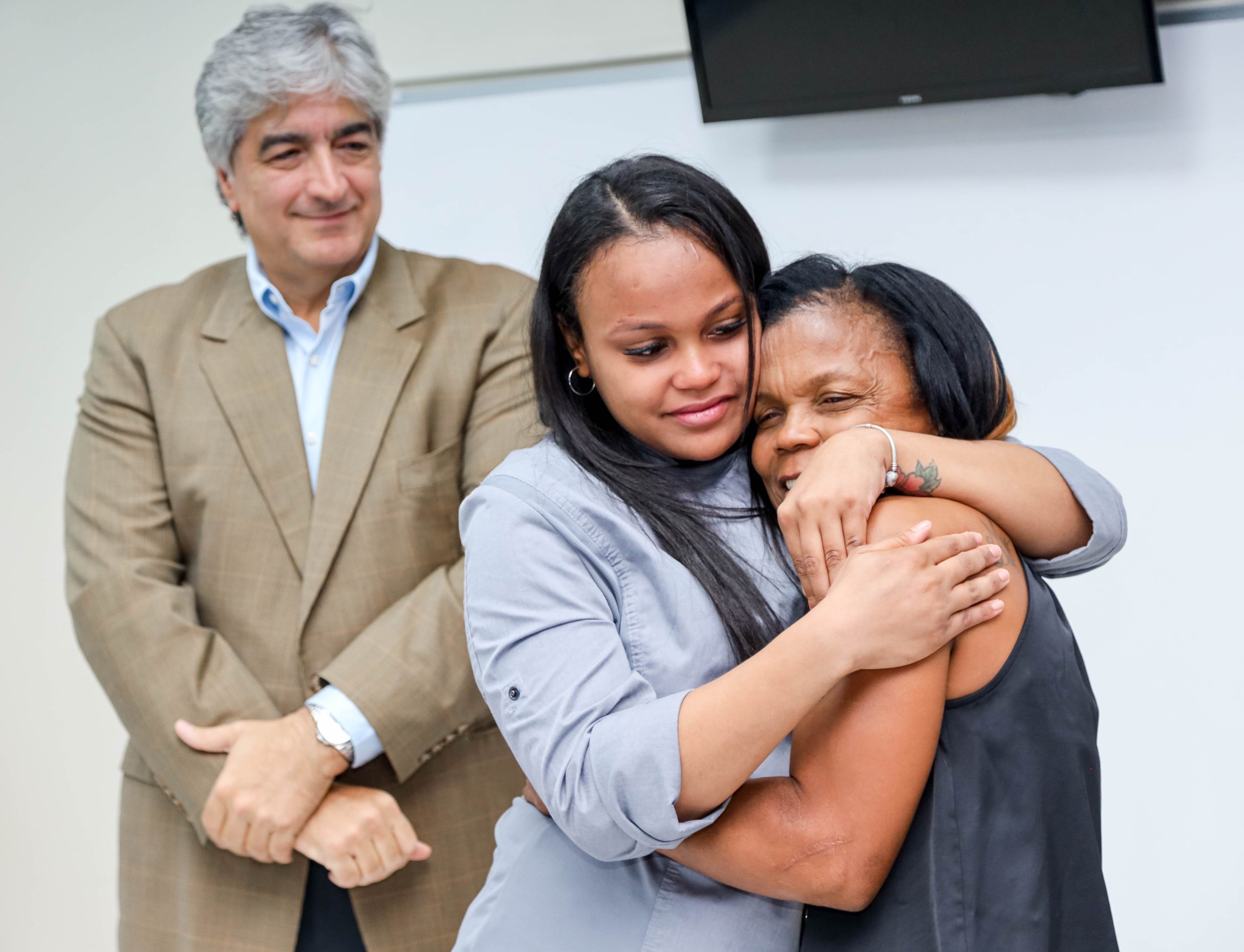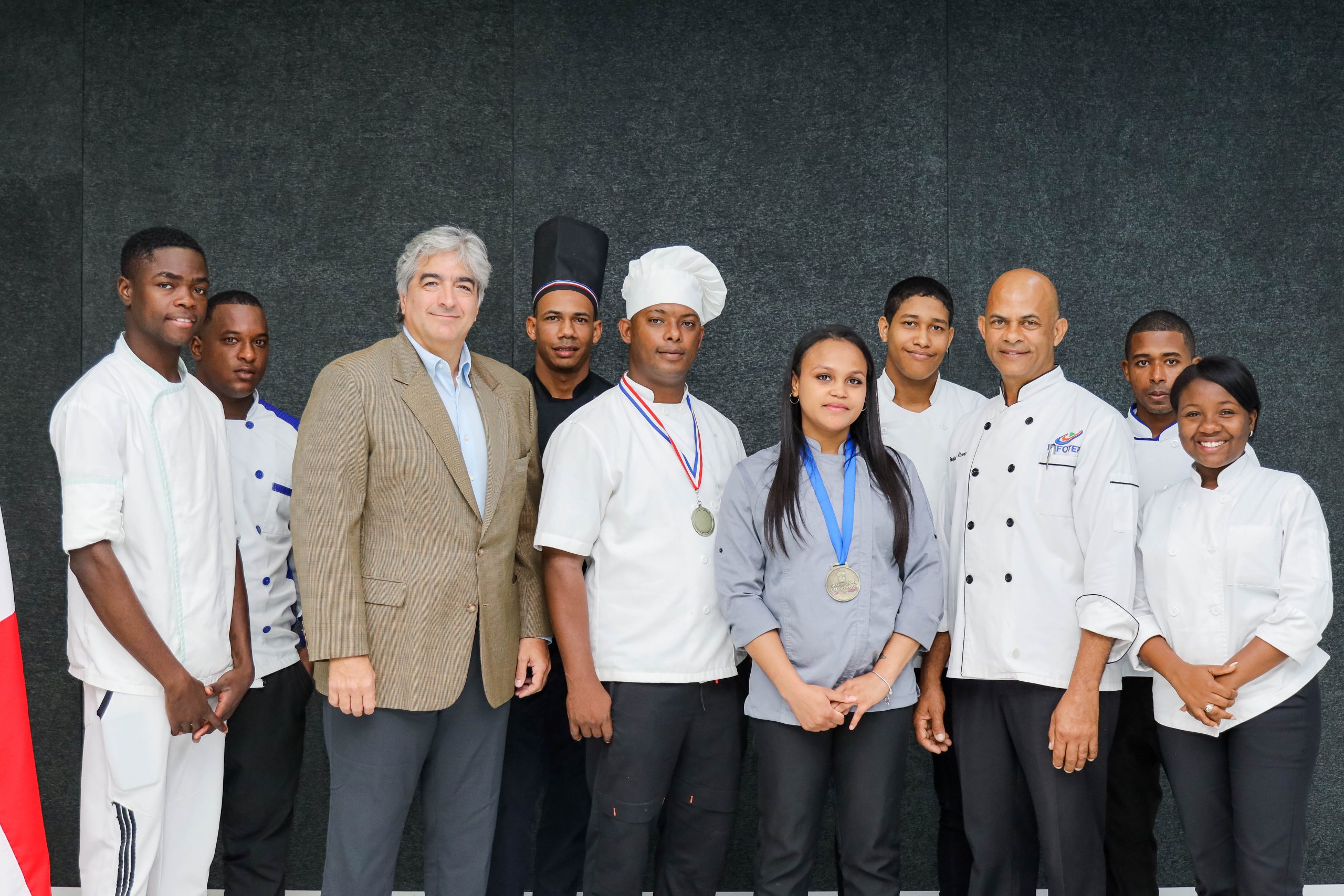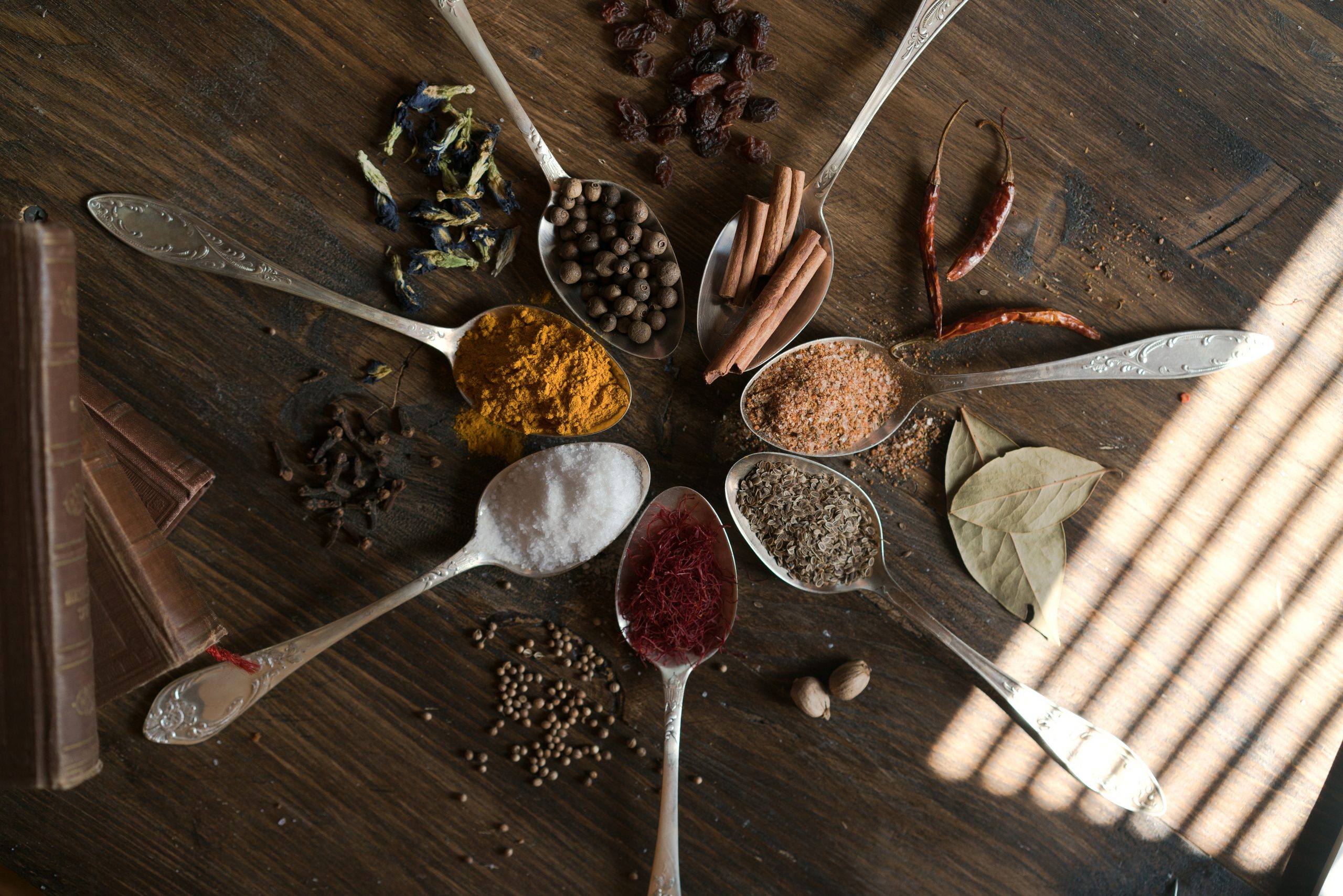Interview with the Winner of the 3rd Edition of the Culinary Diploma
After exploring with you the conclusion of the fourth edition of the Creative Cooking Diploma, where young Dominicans dedicated their effort and determination to stand out in the competition, it is a privilege to present the interview with the winner, Kathy Rosario. Not only does she stand out as the first woman to emerge victorious in this competition, but she also serves as a tangible example of perseverance in the pursuit of professional goals. Kathy, as she herself emphasizes, did not experience her first foray into the competition, but her second, and despite the challenges, she persisted in her pursuit of progress in her professional career. In this vein, it is an honor to share the exclusive conversation with the recent diploma winner: Good morning, my name is Kathy Paola Rosario Gil, and I'm from Pimentel, a province belonging to the San Francisco de Macorís region. What led you to participate in the Creative Cooking Diploma, and how do you feel about being selected as the winner? Kathy Rosario: The first thing that motivated me to participate in this competition was the desire to grow, surpass myself, and demonstrate that a woman can do it, even on her own. Last year, I participated,
Emerging talents shine in the 2023 Creative Cooking Diploma
An initiative that turns dreams into realities and takes an extraordinary turn in the Dominican gastronomic future. It is with great joy and satisfaction that I share with you the conclusion of the fourth edition of the Creative Cooking Diploma, an initiative that I proudly support and sponsor to boost Dominican culinary talent. This project, developed in collaboration with the National Institute of Technical and Vocational Training (INFOTEP), has proven to be a breeding ground for exceptional culinary skills and has left an indelible mark on the gastronomic scene of the Dominican Republic. This year, we had the pleasure of witnessing a special milestone: the victory of a woman, Katy Paola Gil, who stood out as the well-deserved winner of this edition. In a clear demonstration of the growing female presence in the Dominican culinary scene, Kathy not only takes home the title of champion but also a valuable scholarship to participate in an advanced culinary techniques workshop at the renowned Basque Culinary Center in Spain. I am proud to be a part of this transformative experience for 25 young people from the Eastern region of the Dominican Republic, who, with dedication and passion, have elevated their culinary skills to new heights. The conclusion
Gastronomy as a form of cultural expression
Gastronomy is much more than a mere source of sustenance. It is a language, an artistic expression deeply rooted in the cultural identity of a people. Through its flavors, aromas, and culinary techniques, gastronomy transcends borders, allowing us to explore and understand the richness of the cultures that create it. On this occasion, I am pleased to discuss with you a deeper perspective on this industry, and how it is more than just a basic necessity; it is a way of communicating, sharing, and celebrating. Gastronomy as a Reflection of Cultural Identity A region's cuisine mirrors its history, traditions, and values. Each dish, each ingredient, tells a story about its place of origin. For example, Mexican cuisine is a blend of flavors and cooking techniques from pre-Hispanic, European, and African cultures, while French cuisine is known for its sophistication and use of high-quality ingredients. Both are historical archives where the influences of past generations are found. Gastronomy as a Form of Communication In a globalized world, gastronomy has become a bridge that connects people from different backgrounds. Eating together is a way to build bonds and understand cultural differences. When we share a meal prepared with love and care, we engage in a silent conversation



